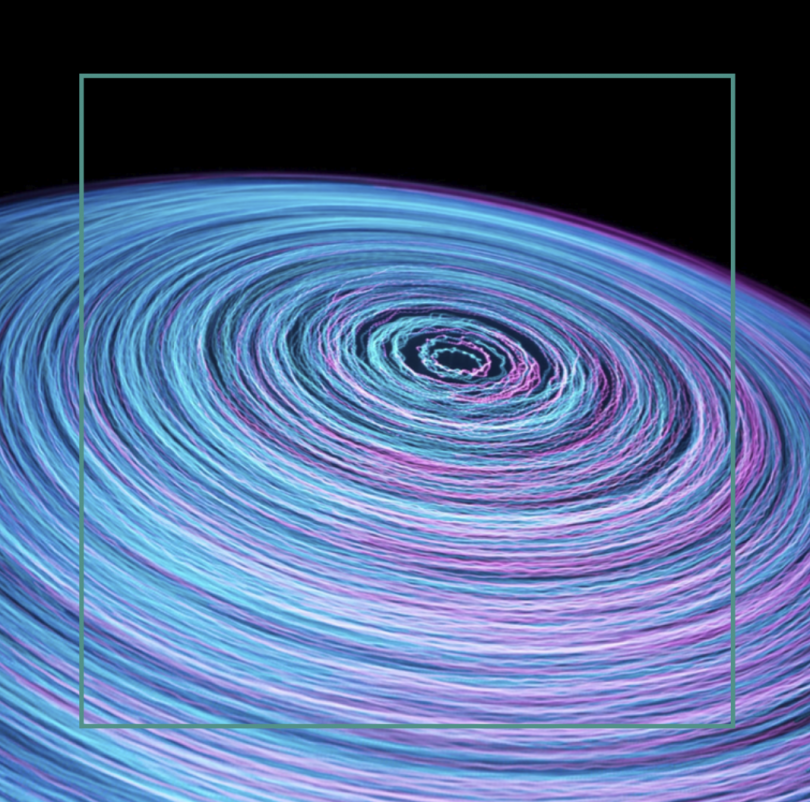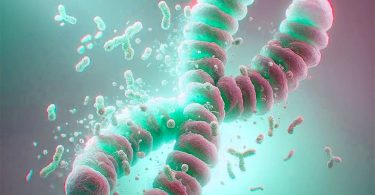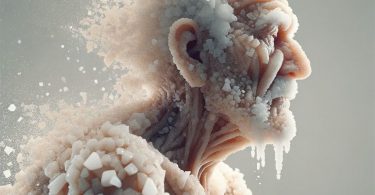C. elegans is a worm of the nematode family. It measures a few millimeters, its life expectancy is 12 to 18 days. It has the particularity of sharing a large part of its genome with that of humans.
Tests using C. elegans are relevant techniques for measuring the physiological processes of aging and longevity.
Rosmarinic acid exhibits a wide range of biological effects in antiaging. In vivo tests on C. elegans have shown that rosmarinic acid increases their longevity by up to 18% (1).
Other research shows that this rosmarinic acid-induced longevity is implicated by certain genes, notably daf-16, a central regulator of longevity, which is degraded under the effect of glycation (2).
The validation of these studies remains to be done on humans, but they indicate that some forms of rosmarinic acid have potential to increase longevity in good health.
© Age Breaker 06 2021
[Glycation is one of the major causes of aging. Resulting from the fixation of sugars on the proteins constituting the organism, glycation generates toxic compounds that cause cellular aging. Glycation is particularly involved in metabolic disorders, skin aging and cognitive decline.] [AGE BREAKER, patented nutritional supplements, based on rosmarinic acid, recognized by aging specialists around the world for their properties to reverse the effects of glycation.]More on www.agebreaker.com
#agebreaker #glycation
1): C. Milner et Al. Rosemary Flowers as Edible Plant Foods: Phenolic Composition and Antioxidant Properties in Caenorhabditis elegans. Antioxidants. Published online 2020 Sep 1. Doi:10.3390/antiox9090811
(2): Chunxiu Lin et Al. Rosmarinic acid improved antioxidant properties and healthspan via the IIS and MAPK pathways in Caenorhabditis elegans.
Biofactor. First published: 17 June 2019. Doi.org/10.1002/biof.1356









